Did You Know?

Celebrate World Children’s Day this week
November 19, 2019November 20 is an important date for children around the world. It is the day when, in 1959, the UN General Assembly adopted the Declaration of the Rights of the Child. It is also the day in 1989 when the UN General assembly adopted the Convention on the Rights of the Child. As well, since 1954, it marks United Nations Universal Children’s Day, celebrated annually to promote international togetherness, awareness among children worldwide, and the improvement of children’s welfare. It is described as “A fun day with a serious message” by the UN when children get the opportunity to take over high profile roles in the media, politics and sports to raise awareness of challenges faced by children. On social media, these takeovers and other events are shared using the hashtag #worldchildrensday

Three cheers for parents
November 11, 2019Parents play a profound role in every child’s life. They provide the care, the environments and the experiences that influence lifelong emotional, cognitive and social well-being and development. Parents can also buffer the impact of adverse childhood experiences, helping children to be resilient. For more information, see Vol. 2, No. 1 of the Children’s Mental Health Research Quarterly.

Study includes girls, young women and their children from across BC
November 4, 2019A BC-led randomized controlled trial on the Nurse Family Partnership program includes 739 families including 744 children enrolled across four participating regional Health Authorities: 406 from Fraser Health; 84 from Vancouver Coastal Health; 122 from Interior Health; and 127 from Island Health. There are also 744 children participating.

Anxiety needs our attention
October 28, 2019Anxiety disorders are the most common childhood mental disorders. These disorders are also preventable. So, investing in prevention programs has the potential to help large numbers of children. For prevention, compelling research evidence supports school-based programs using Cognitive-Behavioural Therapy. For more information, see Vol. 6, No. 1 of the Children’s Mental Health Research Quarterly.
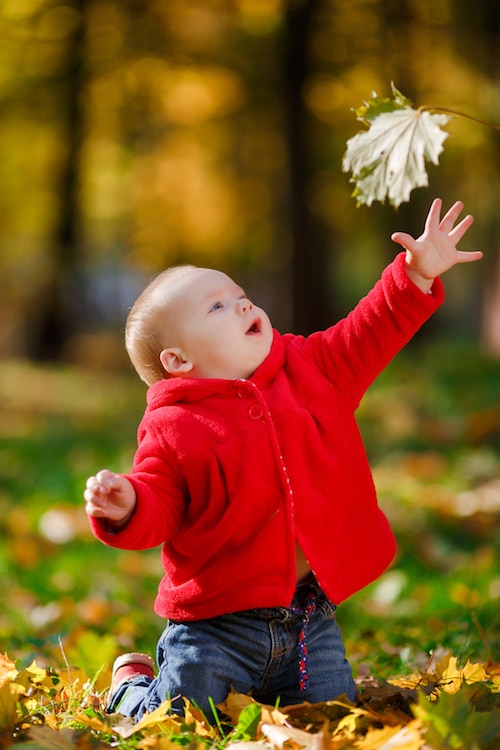
Nurse-Family Partnership study results expected in 2020
October 21, 2019Some people might expect that a public health program like Nurse-Family Partnership would be equally effective in Canada and the US. But although the program has succeeded in the US, its effectiveness in Canada is currently unknown — due to provinces like BC having better baseline health and social services than most US states. So, the only way to determine how effective NFP will be in Canada is to put it to the test of a randomized controlled trial. This trial is currently underway with first results expected in early 2020.

Behavioural therapy can treat ADHD
October 14, 2019October is ADHD Awareness month in Canada. There is good research evidence that Behavioural Therapy reduces attention deficit/hyperactivity disorder symptoms and improves children’s social skills. This therapy involves caregivers and teachers rewarding children for “on task” behaviours, ignoring minor misbehaviours and using “time outs” for more challenging behaviours. For more information, see Vol 7, No. 2 of the Children’s Mental Health Research Quarterly.
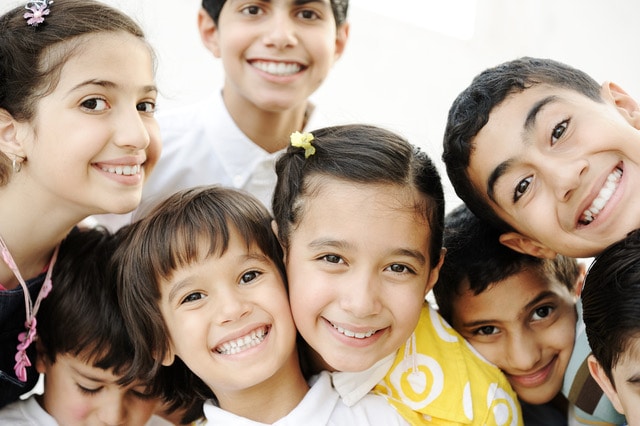
Make sure treatments are always based on research
October 7, 2019World Mental Health Day occurs this year on Oct. 10. And it’s Mental Health Awareness Week from Oct. 6 to 12. To mark these two important events, the Children’s Health Policy Centre emphasizes that there are effective treatments for all the childhood mental disorders. There are also effective prevention programs for the most common ones. So, policymakers and practitioners should turn to these research-informed interventions first — to ensure that children and families get the best possible help. In addition, ineffective or unproven interventions such as unevaluated therapies or inappropriate use of medications should not be supported by policy-makers or practitioners. For more information, see Vol. 1, No. 1 of the Children’s Mental Health Research Quarterly.
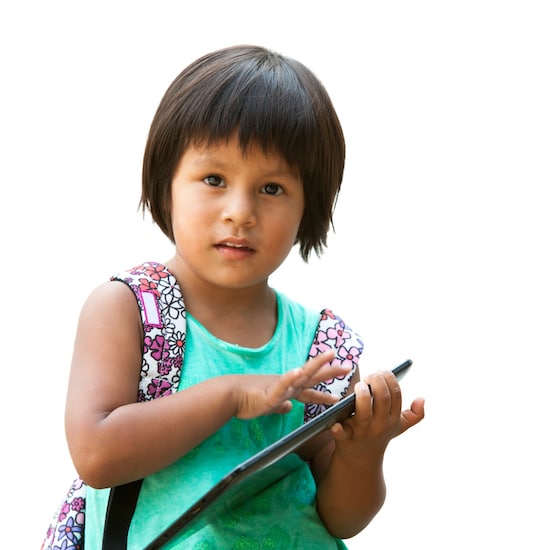
Indigenous kids need fair funding
September 30, 2019Sept. 30, 2019 marks Orange shirt day, in recognition of the harm the residential school system did to children’s sense of self-esteem. Canada’s history includes the forced removal of many tens of thousands of Indigenous children from their families and communities, causing mental health effects over generations. Indigenous people have addressed this legacy, in part, by recreating their own governance structures and by running their own service agencies. Yet other Canadians can do more as well. As a society, we need to tackle the long-standing underfunding of basic health, education and social services for Indigenous children and families — addressing basic inequities compared with non-Indigenous children and families.
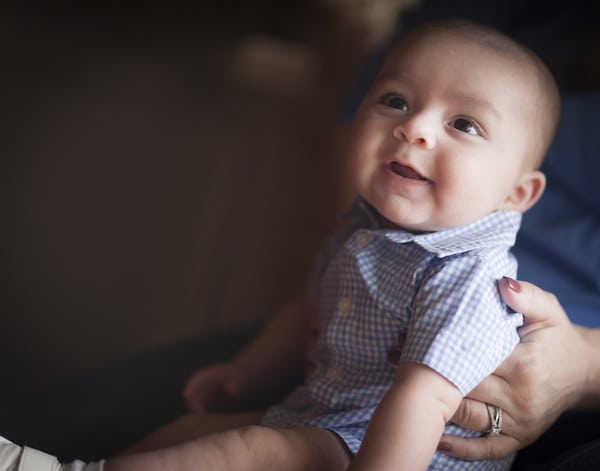
Early program addresses early adversity
September 23, 2019Nurse-Family Partnership starts sooner than any other early childhood program, in early pregnancy. This allows it to influence development right from the start. This also means that the program has the potential to profoundly alter the trajectory of children’s lives, by focusing on helping families who are coping with adversities such as low income and housing insecurity. A journal article in BMC Public Health provides a baseline look at the B.C.-based study, currently ongoing.
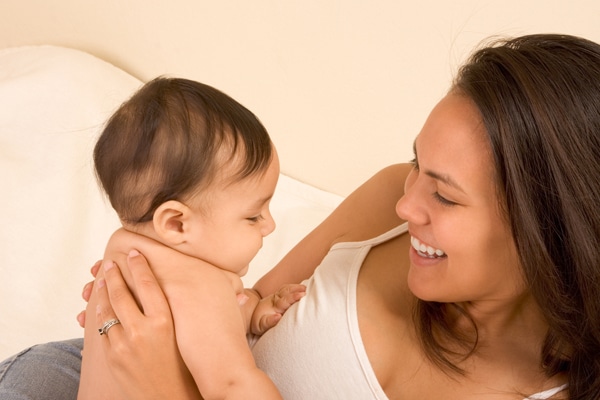
Scientific evaluation studies program for moms & babies
September 16, 2019The BC Healthy Connections Project is the first Canadian scientific evaluation of the Nurse-Family Partnership (NFP) program. NFP aims to help young first-time mothers and their children by providing intensive home visits by specially-trained public health nurses, starting early in pregnancy. The goals — as can be seen in the study’s baseline report — are to improve children’s mental health and development, while also improving the mothers’ lives.
